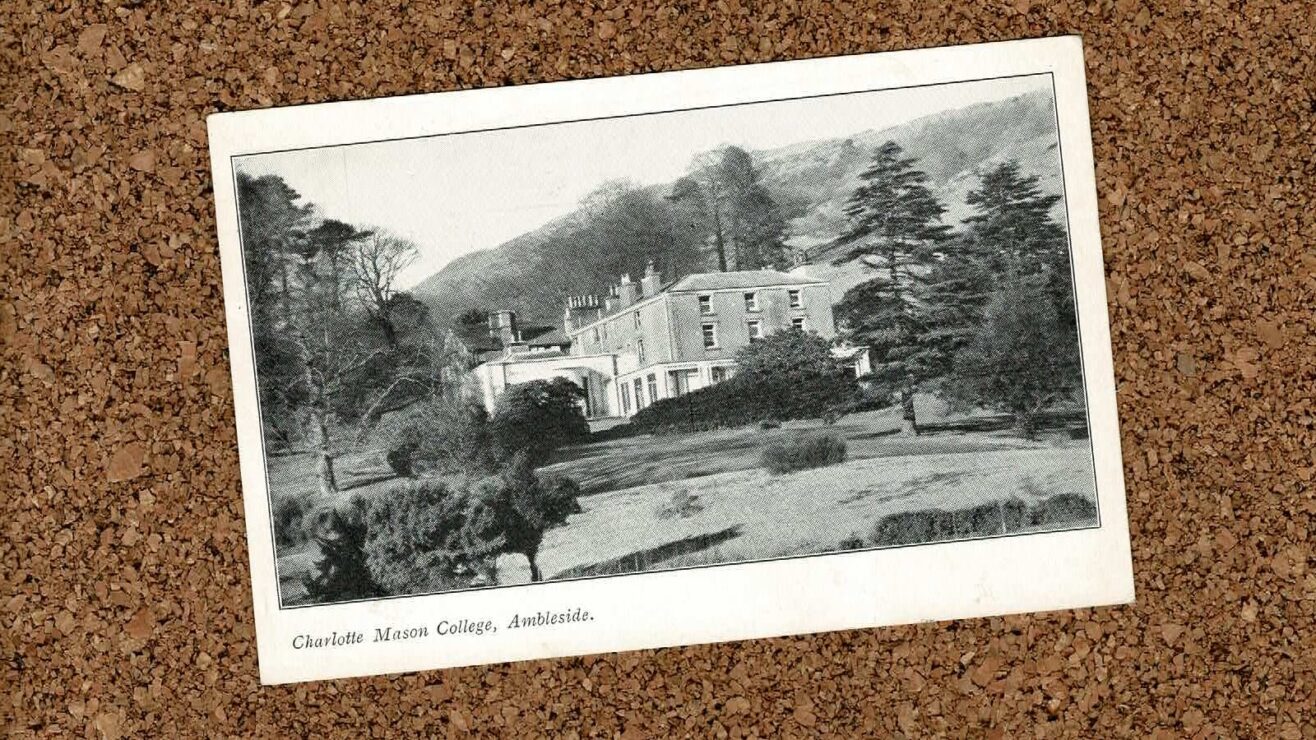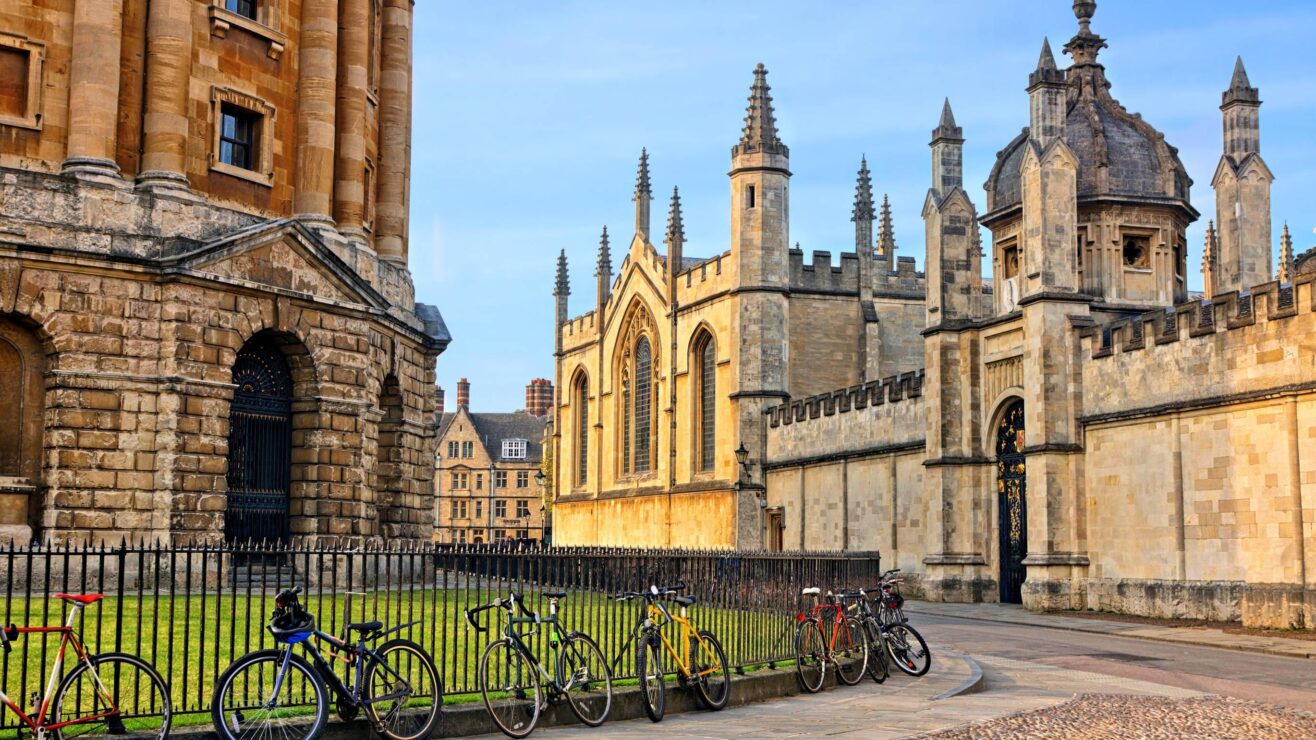“Midlands mutuality breaks new ground”
Excellent article in Times Higher Education about the new collaborative agreement between the University of Nottingham and the University of Birmingham
Two competing Russell Group universities are launching a groundbreaking partnership that will feature joint academic appointments, research, degrees and overseas ventures.
The universities of Birmingham and Nottingham, which collectively have about 67,000 students and 14,000 staff, announced their “framework for collaboration” on 3 February, unveiling a model that they believe could be adopted by other institutions.
In an interview with Times Higher Education, David Eastwood and David Greenaway, the vice-chancellors of Birmingham and Nottingham respectively, said they hoped the partnership – a first for UK higher education – would be driven by academic collaboration.
They said the universities would also work together on entering new international markets and did not rule out the prospect of partnering on developments such as overseas campuses – an area in which Nottingham, with branches in China and Malaysia, has long led the pack.
This received a goodly amount of press coverage including in The Guardian and the BBC. All very gratifying. But this is I think an important and interesting development.
Six areas have been identified for initial collaboration, with the potential for further areas to be considered as the partnership evolves. There isn’t a huge amount of detail in the press reports so the following supporting information may be of interest to some:
1. Joint academic appointments
Creative approaches to developing intellectual capital are at the heart of the partnership and attracting the best international minds to the UK in general and Midlands in particular is key. Where appropriate, the Universities will seek opportunities to appoint staff jointly in order to better support collaborative ventures.
2. Teaching, learning and student experience
Both Universities are major innovators in teaching and learning and the student experience. They will work together to share ideas for enhancing undergraduate and graduate opportunities at both institutions. Ideas include the development of jointly awarded degree programmes, the sharing of facilities, widening participation initiatives and other means of improving the student experience.
3. Research Initiatives
Sustaining world-class research is fundamental to both Universities’ missions. Through working together, the institutions can deliver more and more impactful research in areas of mutual strength. Ideas here include bringing together potential collaborators from both institutions, submitting joint research grant applications and sharing of research equipment. The Midlands Ultracold Atom Research Centre is one example of an existing UoB/UoN collaboration that operates this model. Funded by the Engineering and Physical Sciences Research Council to the tune of £6million, the research centre is investigating the interface between cold atoms, condensed matter, and optical physics.
4. International Opportunities
Birmingham and Nottingham are world-class universities, each with strong international vision and a significant global footprint. The Universities believe in particular in the value of international experience for students as part of their programmes and in preparation for sustained employability in the global marketplace. Ideas include greater opportunities for student mobility and exchange, including through the Universitas 21 network and to the University of Nottingham Malaysia Campus and the University of Nottingham Ningbo, China for years, semesters and summer schools. In fact, places have been specifically set aside for UoB students wishing to study at the two Nottingham overseas campuses.
Opportunities will be explored for working together in new markets with an initial geographical focus on South America – a joint mission to South America is already being planned for summer.
Collaborative international research opportunities arising as a result of the framework will be encouraged and supported. International collaborative research ideas are currently being developed in the fields of energy, innovative manufacturing, water, neuro-imaging, genetics, and urban resilience.
5. Business Engagement and Knowledge Transfer
The Universities, both individually and collaboratively, are major partners with business, regionally, nationally and internationally. Developing further effective engagement with businesses, commerce and industry is a key component of both institutions’ strategic plans and will be further enhanced through collaboration. The Manufacturing Technology Centre, currently being built at Ansty Park in Coventry to which both institutions are key partners, is a prime example of how experts from academia and industry will work together to push the boundaries of global manufacturing research and translation to innovation.
6. Management and administration
Both Universities have a strong track record in delivering effective management and administration and building financial resilience. The institutions will explore novel approaches to collaboration in management and administration to enhance our mutual capacity to respond to the new realities. Ideas include shared IT solutions, joint approaches to procurement, sharing best practice in management of common problems and collaboration on professional development for staff.
So, these are early days yet but there is huge potential here.











May be interested in reading my recent gues post on this for WonkHE:
http://www.wonkhedev.jynk.net/?p=141
Mario
TBH, such a collaboration seems to drag down Nottingham’s reputation a bit, whilst improving Birmingham’s. If Nottingham is going to pair up, at least do it with a half decent midlands university that is closer to its reputation like Warwick.